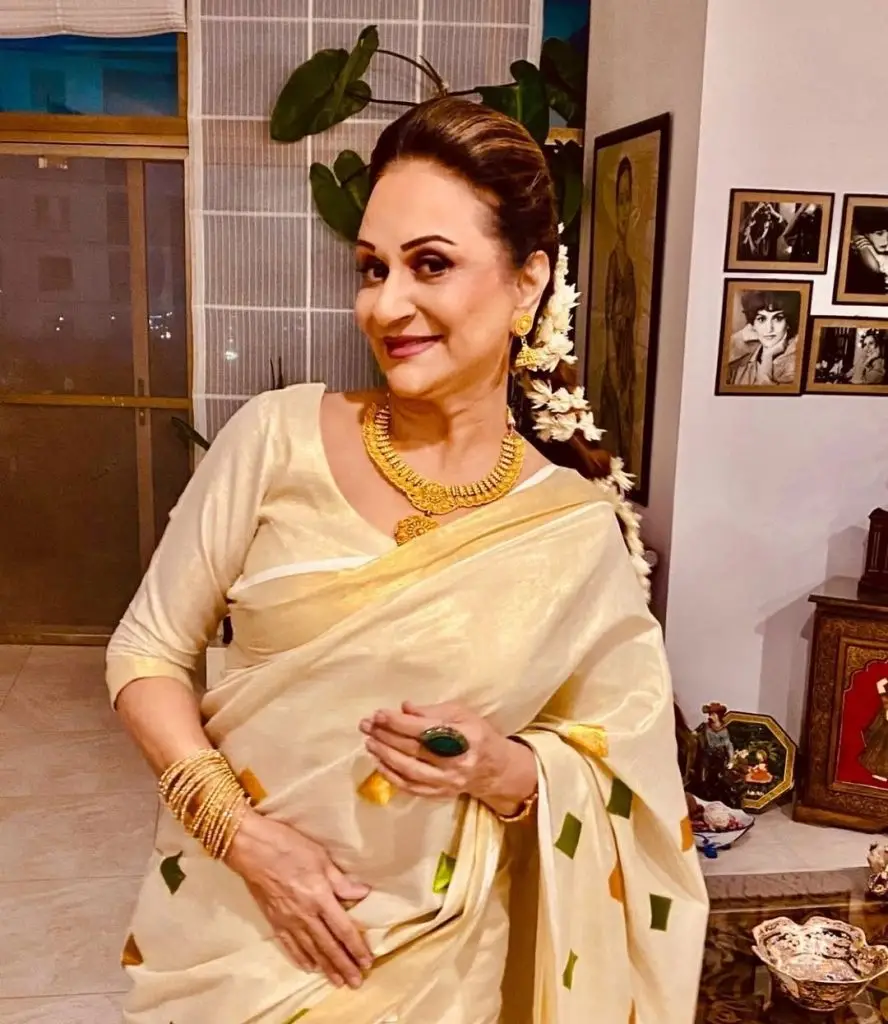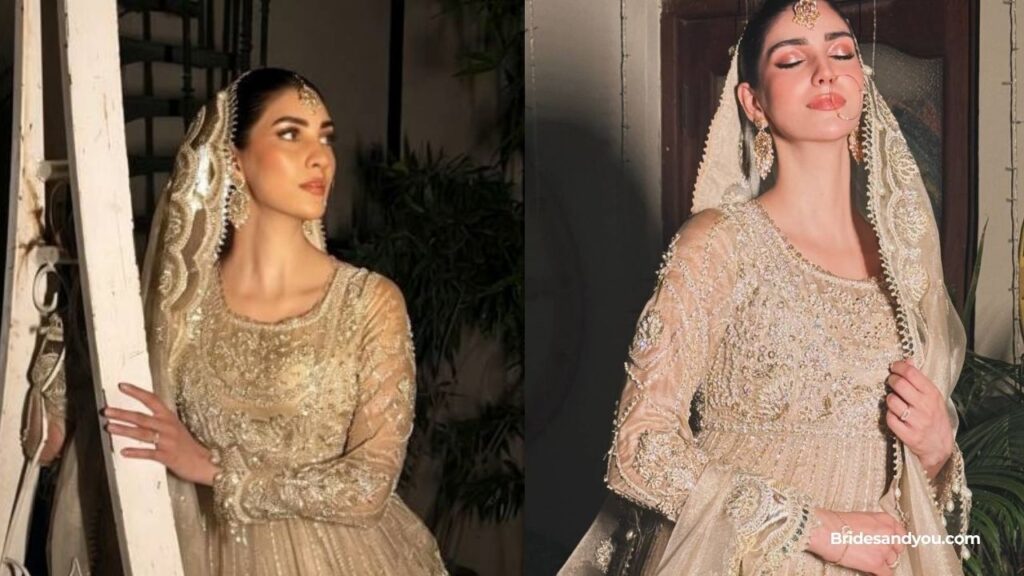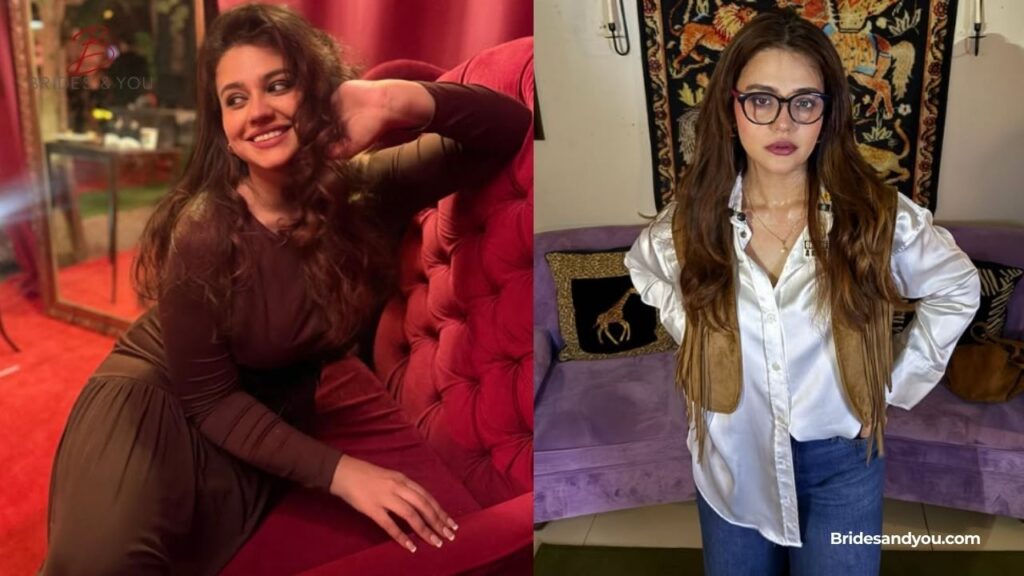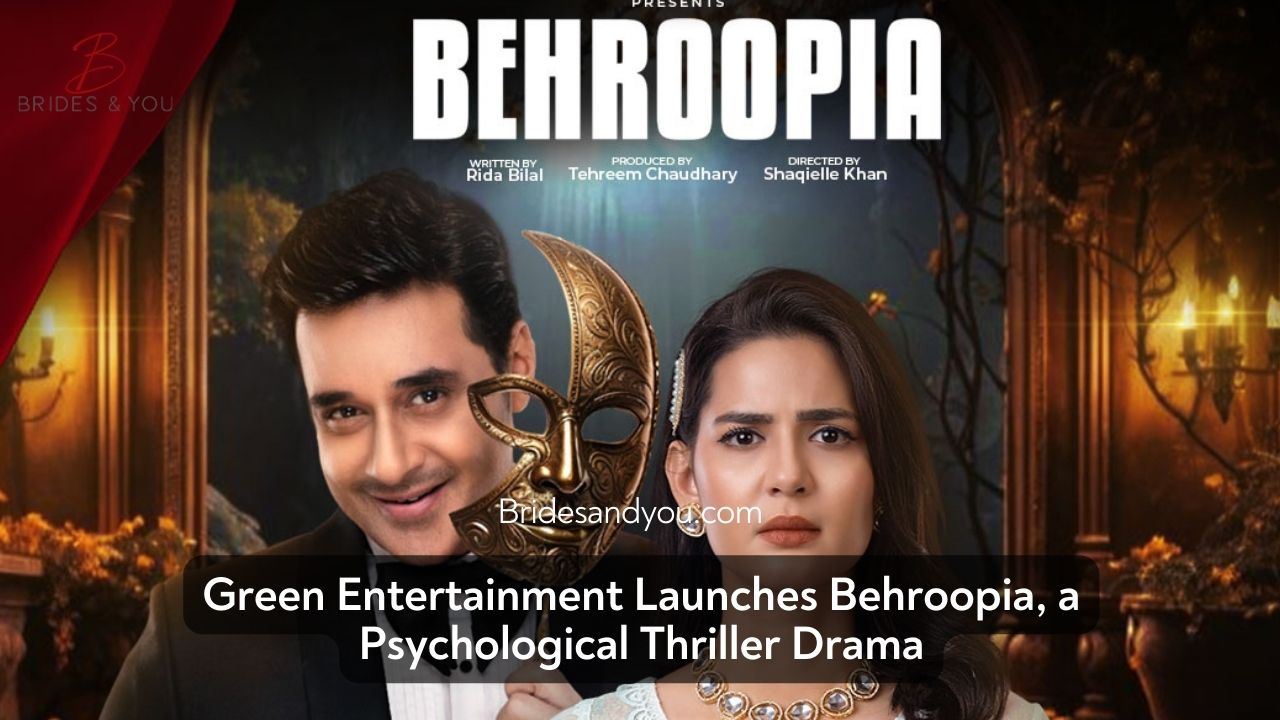Now Reading: Bushra Ansari Faces Criticism for Praising Zara Noor Abbas’ Classical Dance
-
01
Bushra Ansari Faces Criticism for Praising Zara Noor Abbas’ Classical Dance
Bushra Ansari Faces Criticism for Praising Zara Noor Abbas’ Classical Dance

In the world of Pakistani showbiz, talent and legacy often go hand-in-hand. One such example is the celebrated actress Bushra Ansari and her equally talented niece, Zara Noor Abbas. With generations of artists in the family, this dynamic duo has consistently won the hearts of fans through their contributions to the entertainment industry.
But this time, it wasn’t a performance or drama project that caught everyone’s attention—it was a simple Instagram video that stirred up a heated debate online.

A Legacy of Art and Expression
Bushra Ansari needs no introduction. As a trailblazer in Pakistan’s television and theatre landscape, she has long been admired for her versatility, wit, and graceful presence. She hails from a family steeped in the arts. Her father, Ahmad Bashir, was a noted writer and journalist, and her sisters Sumbul and Asma Abbas also pursued successful careers in acting.
Continuing this lineage, Asma Abbas’ daughter, Zara Noor Abbas, has made her own mark in the entertainment world. Known for her charming personality and acting prowess, Zara has carved out a unique place for herself. But there’s another side of her that fans are increasingly seeing—her deep love for classical dance.
Zara Noor Abbas Returns to Classical Dance Practice
In a recent Instagram post, Zara Noor Abbas shared a short video of herself practicing classical dance. She revealed in the caption that she had paused dancing during her pregnancy but is now eager to embrace it once again. She humbly admitted that her form is still a work in progress, but her passion for the art remains strong.
Fans appreciated the raw and authentic nature of the video. Many applauded her courage to share a vulnerable moment from her creative journey. For them, it wasn’t just about dance—it was about a woman reclaiming her art and identity after a life-changing phase like motherhood.
Bushra Ansari Shows Support—And Faces Unexpected Backlash
Among those who praised Zara’s video was her proud aunt, Bushra Ansari. Commenting under the post, she wrote:
“That’s like my good girl. Please don’t stop now!! Once a week I need this craft from you. Mashallah.”
What seemed like a heartfelt message of encouragement from one artist to another quickly took a controversial turn. The internet can be a tricky place—and the comment, particularly the use of the word “Mashallah”, became the center of criticism.
Many users took offense, stating that praising a dance performance using an Islamic expression like “Mashallah” was inappropriate. A wave of negative comments began pouring in, accusing Bushra Ansari of endorsing something they believed went against religious and cultural values.
Netizens React Strongly
Critics didn’t hold back. Some expressed concern over the growing normalization of activities they perceive as “un-Islamic” in the entertainment world. One user remarked, “Doing sin is one thing, but posting it publicly is another. Elders of the family praising it with ‘Mashallah’ is the next level of audacity!” Another said, “Even Shaitan must be confused after seeing this.”
There were even harsher takes, with one user suggesting, “Send her to India on an urgent basis.” Such comments show how polarized the public opinion is when it comes to art, religion, and cultural expression.
A Broader Conversation: Art, Culture & Religion
This situation has once again ignited the ever-present debate about the intersection of culture, religion, and personal freedom in Pakistan. Can classical dance—an art form deeply rooted in South Asian heritage—coexist with Islamic values? Should women in the public eye limit their expression to avoid offending certain groups? And how far is too far when it comes to public criticism?
What stands out in this entire episode is the different perspectives people hold. To many, dance is simply an expression of beauty, discipline, and storytelling. To others, it crosses certain moral lines.
But it’s also important to remember the human aspect behind the headlines—Zara Noor Abbas, a new mother trying to reconnect with her passion, and Bushra Ansari, an elder who encouraged her family member from a place of love and pride.
The Takeaway
This incident has opened up a larger dialogue about how artists navigate cultural sensitivities while staying true to their craft. It highlights the pressures public figures face, even when sharing something as simple and sincere as a dance practice video.
Whether you stand with the critics or support the performers, one thing is clear: Pakistani entertainment remains a vibrant and evolving space where tradition and modernity often collide. And in this blend, stories—like Zara’s—continue to spark conversations that go far beyond the screen.
















